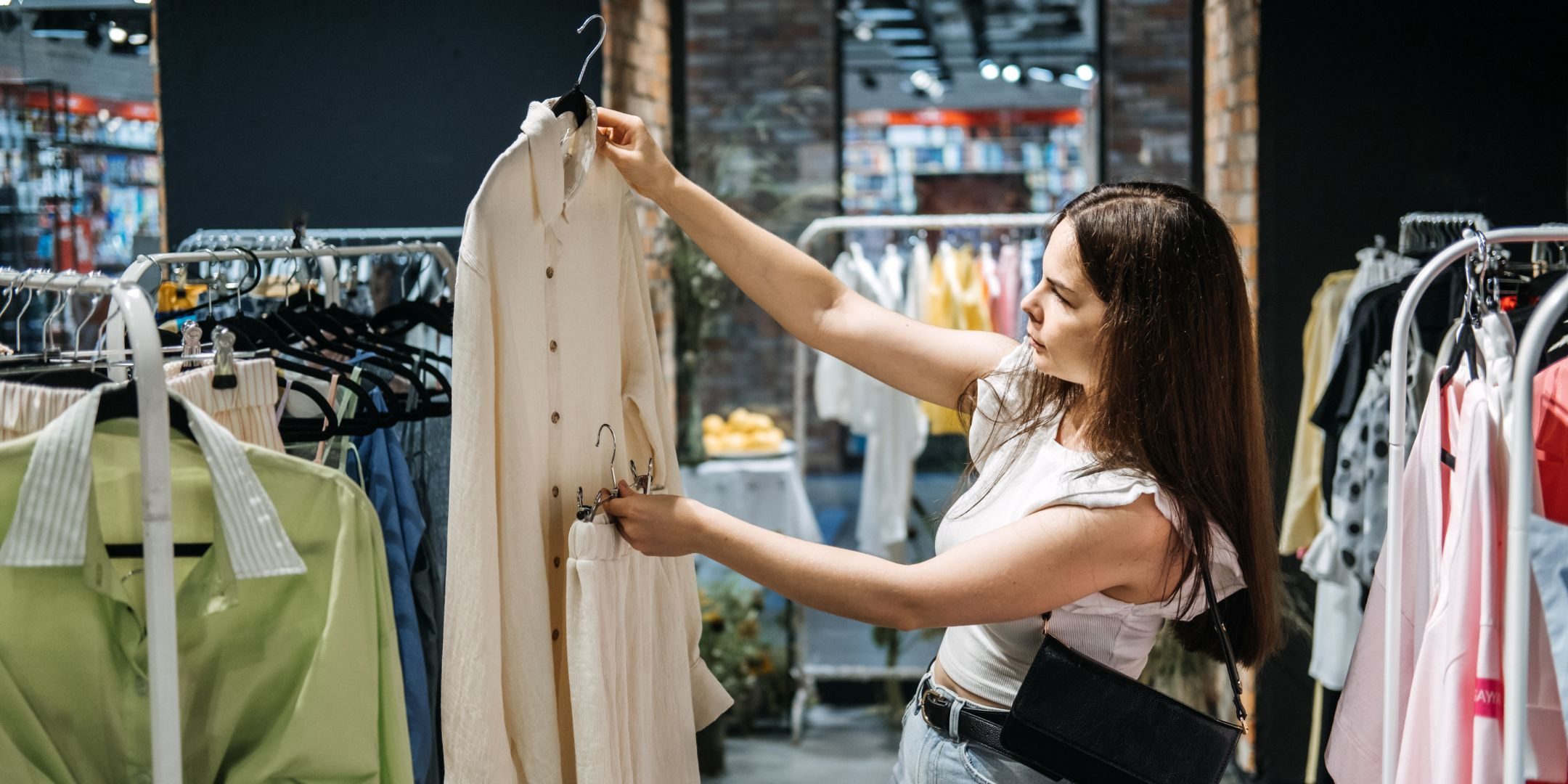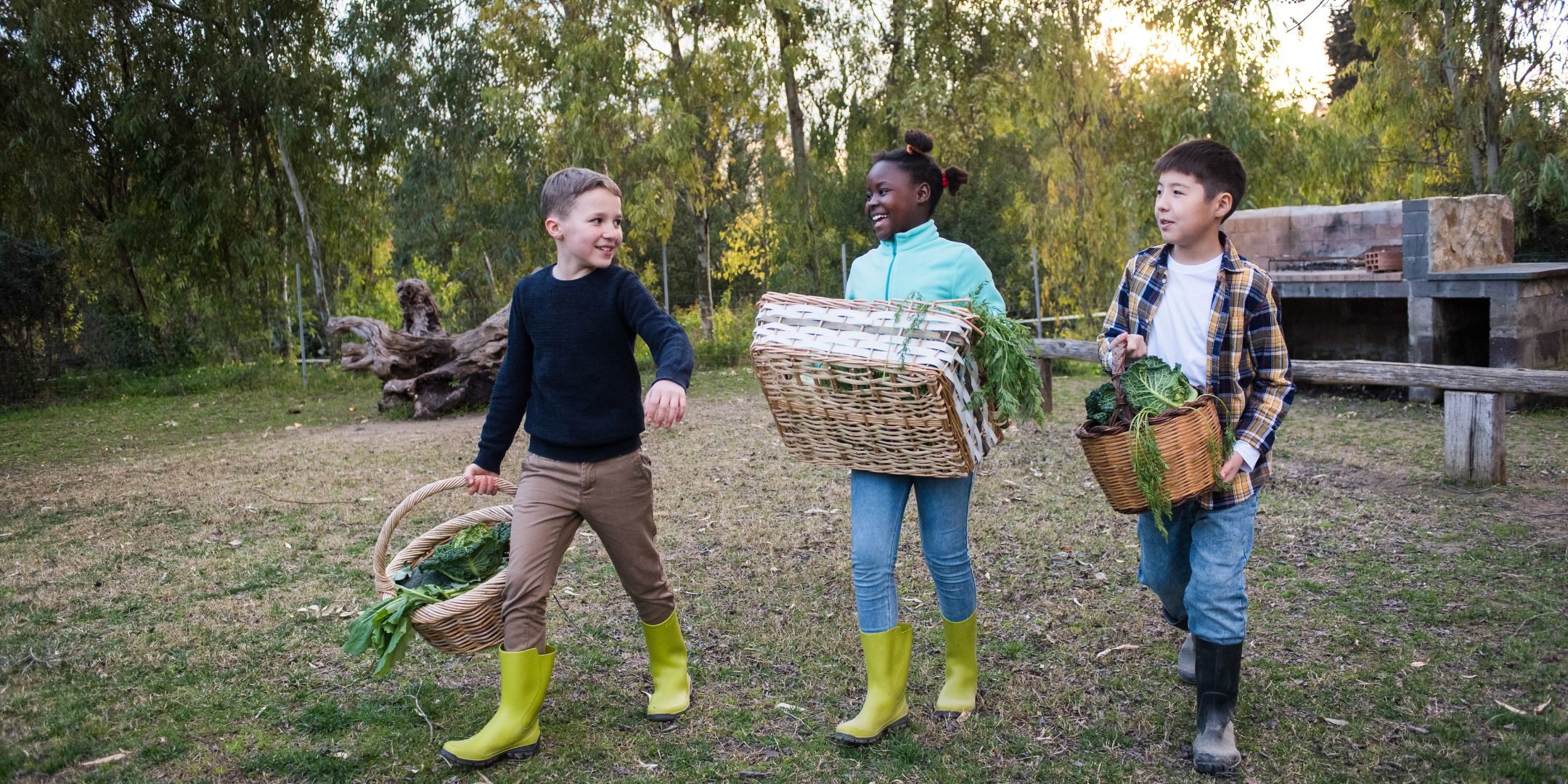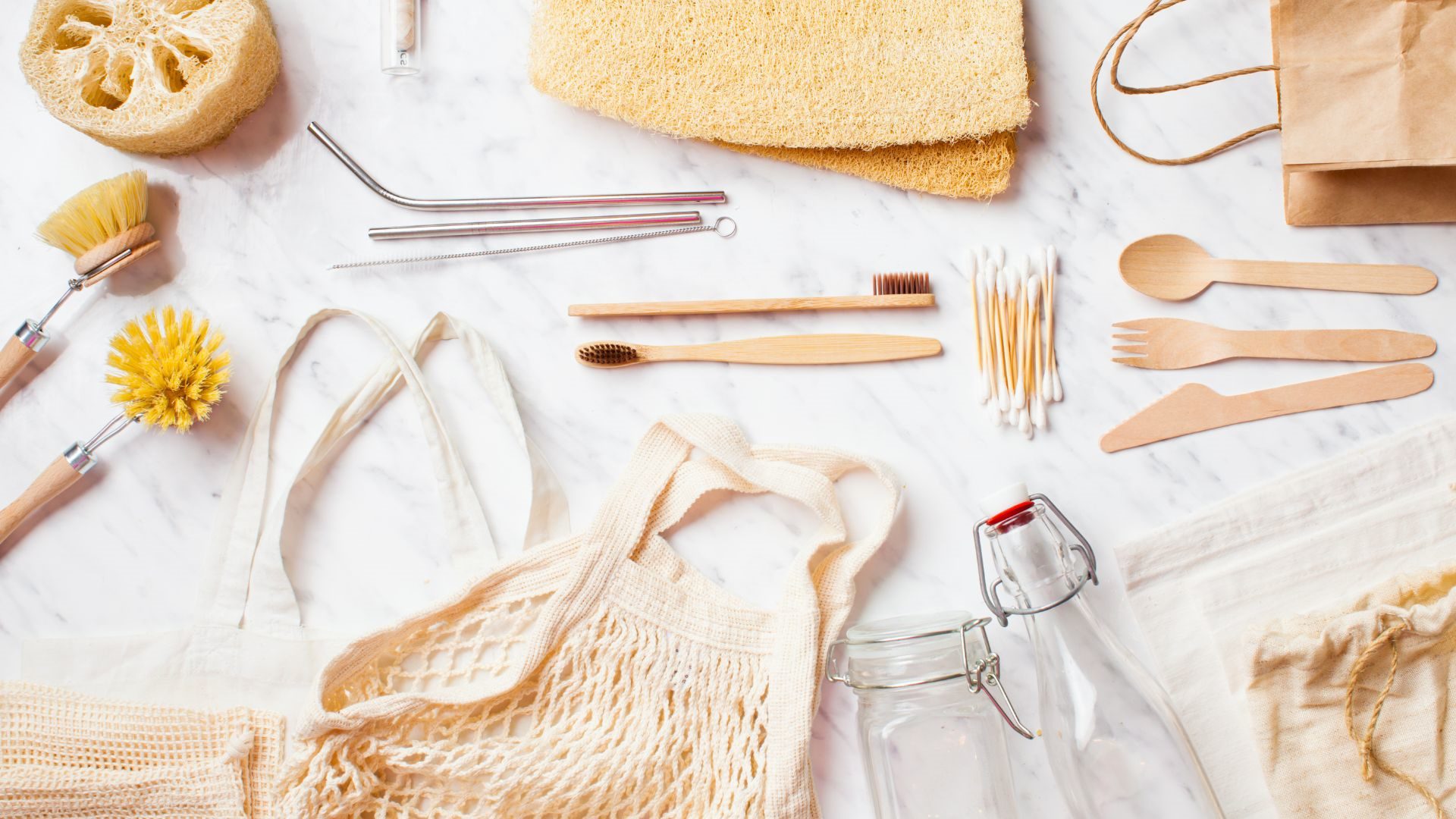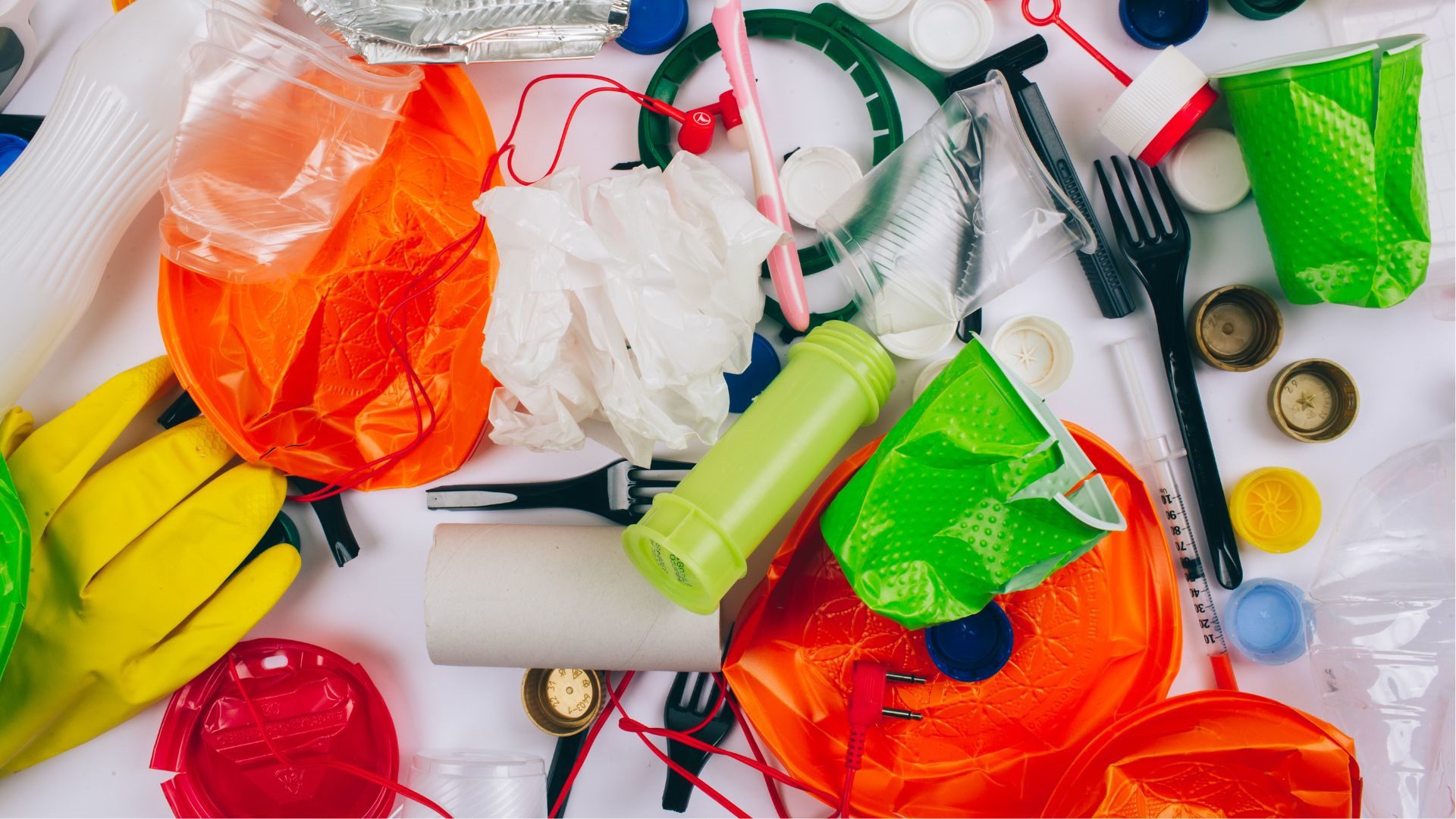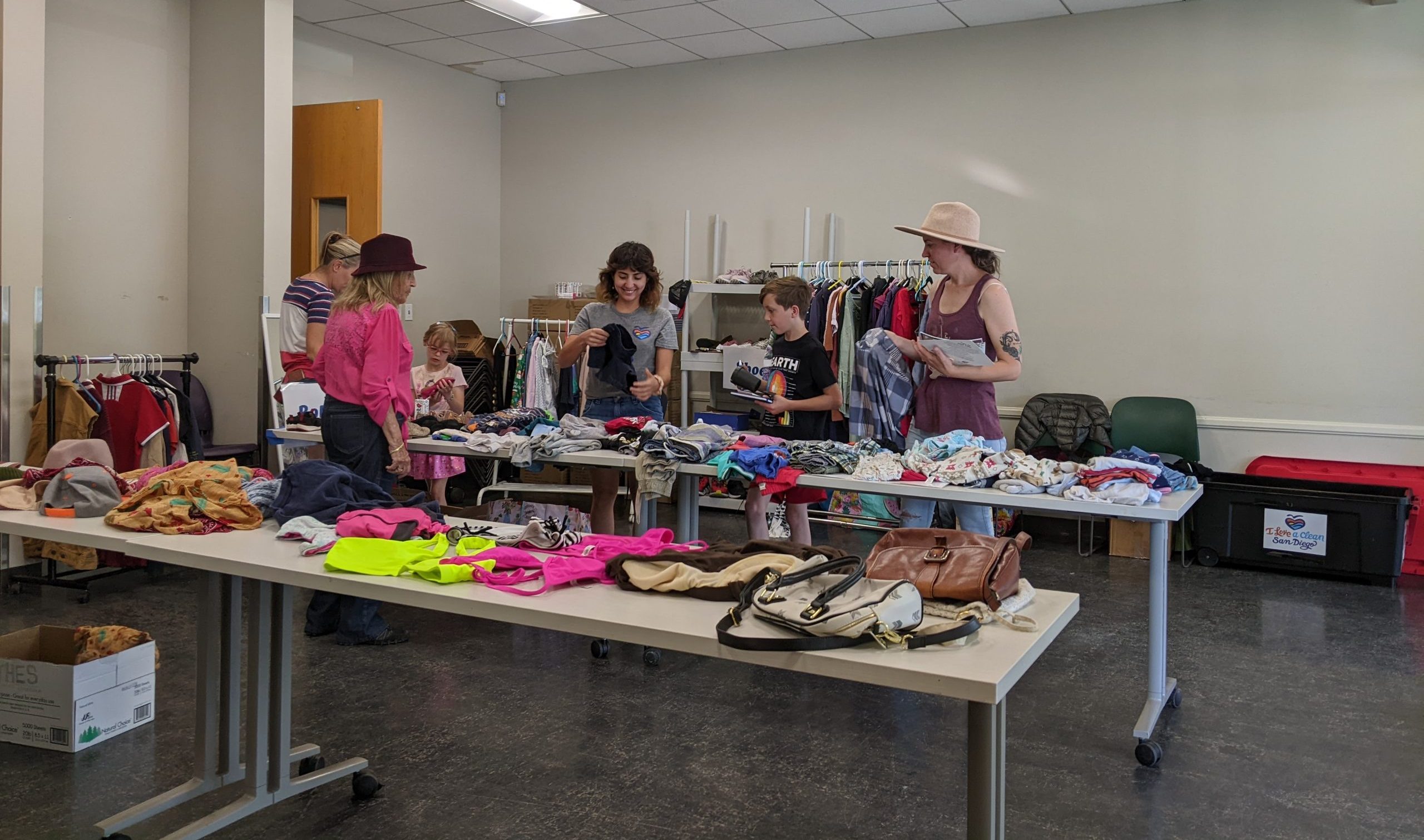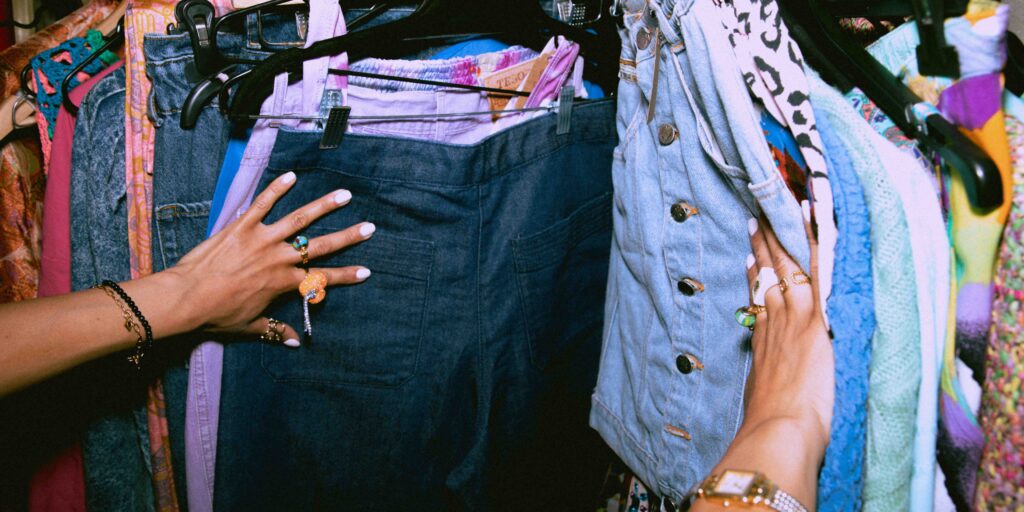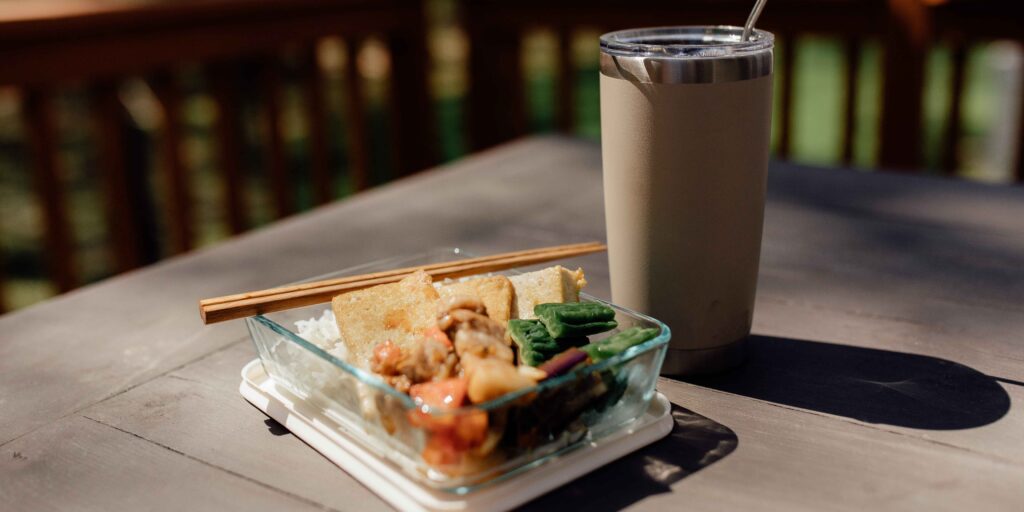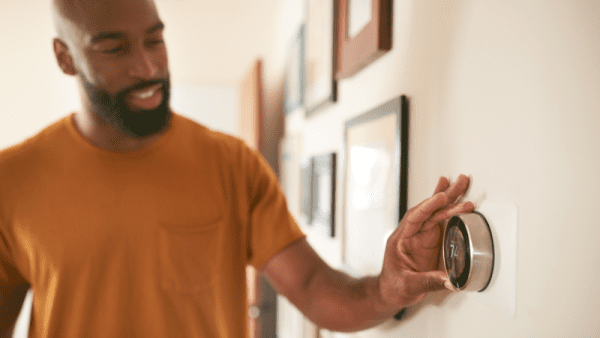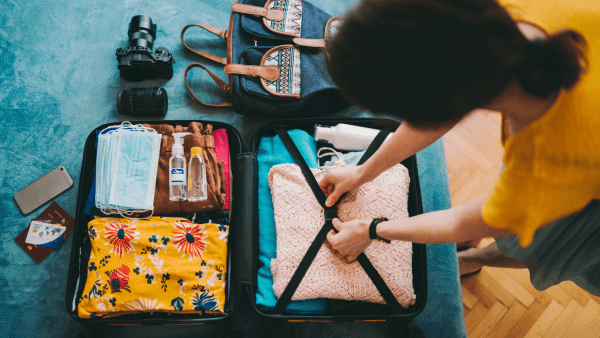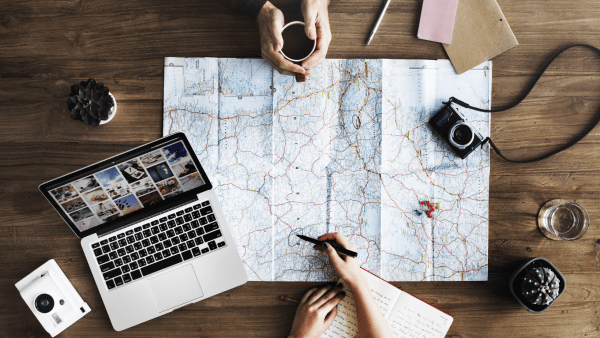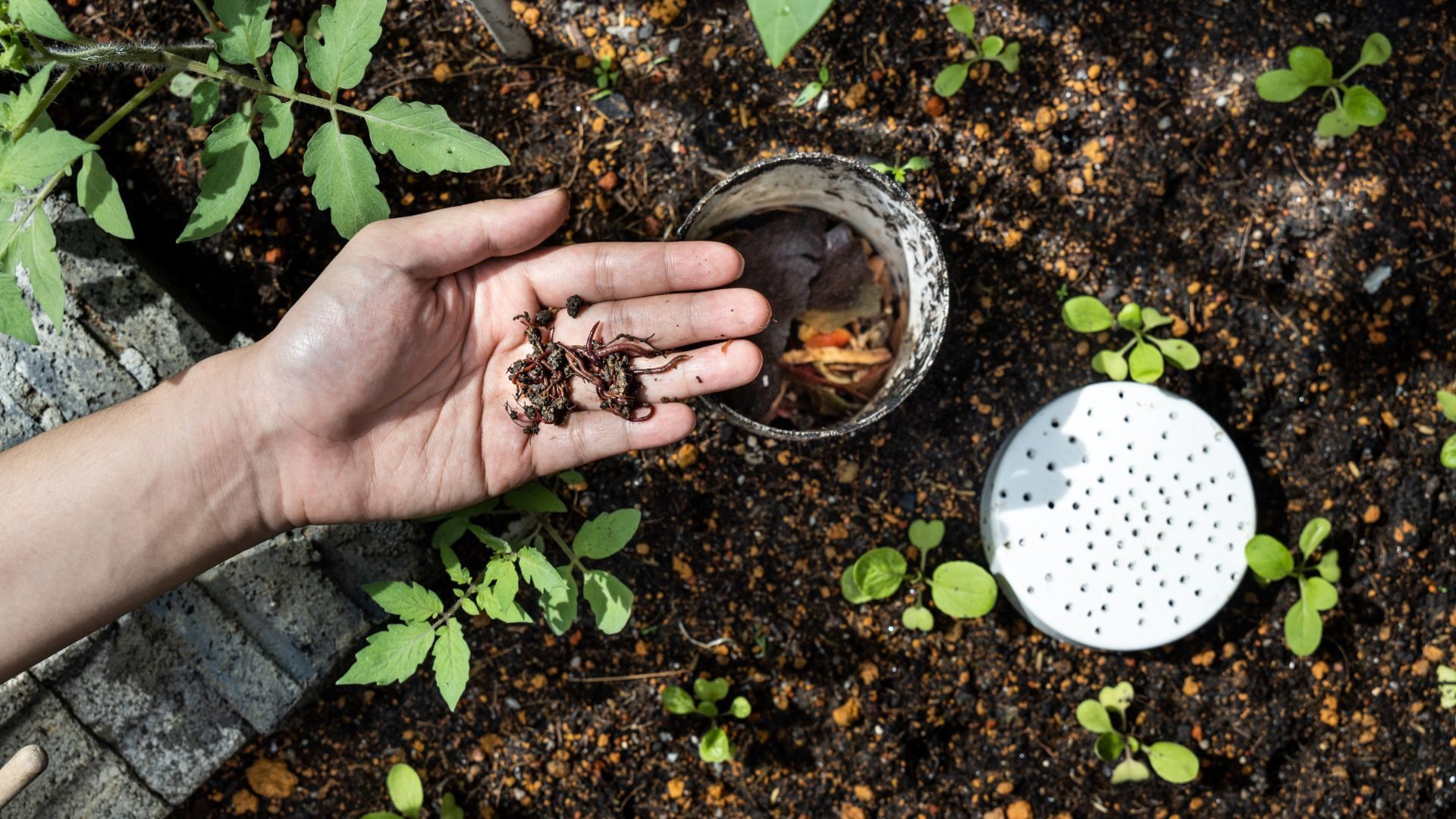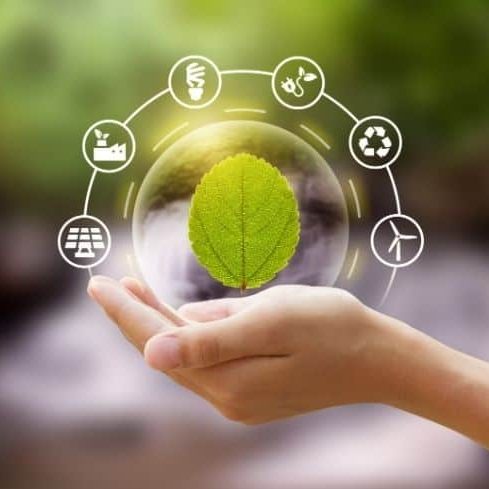It’s no secret that traveling is one of the best parts of summer, be it a trek over 2,700 miles away to NYC or just 2 miles to Mission Beach. Unfortunately, when piecing together travel plans, green habits tend to turn a bit gray. Lucky for us, the reality of sustainable traveling is as easy as making small choices that lessen the impact we have on our destinations and the environments we cross to get there. Here are a few tips to consider to go green on your next summer trip.
Before Leaving

Any change starts at home and if you’re going on vacation anytime soon, be sure to minimize your ecological footprint in your home as much as possible while you’re away. You can do this by following these few simple steps:
Adjust Your Thermostat
You’re going to be gone for a few days, and if there are no pets or people, there is no reason to have the AC on full blast nor should the heat be on. Given we are in the midst of summer, your thermostat should be set around 85º F (you could even turn it off if you want) so long as it doesn’t interfere with any temperature-sensitive appliances like your refrigerator.
Unplug Electronics
We are constantly using electricity even when we don’t realize it. Any time an electronic device or appliance is plugged in, even if it’s not in use, it is still using electricity. That electricity being used is produced primarily through the burning of fossil fuels, about 60%, according to the U.S. Energy and Information Administration. So before you go, don’t forget to unplug any gaming system, TV, laptop, toaster, or microwave that would otherwise be using power while you’re away. Check out these energy saving tips.
What to Bring

Deciding what to pack for a trip is one of the most important phases of the pre-trip process. What you bring impacts your choices once you’re there, so why not set yourself up for sustainable success by keeping the following in mind during your packing.
Pack Your Own Reusable Shopping Bags
Simply roll one or two bags up and tuck them into your suitcase or backpack to cut down on the packaging you would otherwise throw away when shopping in a different city. This is also a helpful day bag option if you don’t want to haul all of your luggage around town!
Bring Your Own Reusable Water Bottle
One water bottle takes on average at least 450 years to degrade, and it takes about twice as much water to produce a plastic water bottle as the amount of water inside the bottle. Consider skipping the plastic bottle all together and invest in a durable bottle.
Bring Less, Pack Light
There are a plethora of benefits that come along with packing light, ranging from saving on baggage fees when flying to knowing what you have is what’s by your side. The biggest benefit, however, comes from the shrinking of your carbon footprint when you fly, the less you bring the less weight the airplane carries which lessens the plane’s fuel use and carbon emissions.

Choose Your Method of Travel Wisely
Let’s get this out the way now: walking is the most sustainable mode of transport we will ever have. When it comes to making sustainable travel decisions, the distance you’re traveling is the most important factor.
Local Trips
When heading out to the beach to meet up with friends, consider taking public transportation. Not only will you save on gas, but you’ll also help improve local air quality which is often much worse in urban areas where traffic tends to suffer from congestion.
Another option (for those close enough) is to get the gang together and then bike to your destination.
Further Destinations
According to the Massachusetts Institute of Technology Climate Portal, public transportation emits far less greenhouse gas emissions compared to cars, due to the higher number of people buses can carry in one trip. On top of saving the environment from additional emissions, you also save yourself a few bucks with the average Amtrak ticket ranging from $20-$400 one-way depending on the distance traveled and how early you book, the price of domestic flight tickets, which are up 14% this year, and bus services such as Greyhound being considerably cheaper than both.
Long Distances
In the cases you find yourself traveling by air, be sure to fly the most direct route to your destination. Not only will this shorten your travel time, but it will also reduce your fuel consumption as you’re taking less total flights.
Once You’ve Arrived
Stay at a Green Hotel or with Family and Friends
If you’re not leaving the United States, check if the hotel you’re planning on staying at is LEED certified by the US Green Business Council, they judge on sustainability, efficiency, and quality of the way buildings are constructed, maintained and operated. If you are going overseas be sure to find out what that countries green hotel certification program is and what hotels are certified.
If you have any family or friends where you’re going, ask them if you can crash at their place for a few nights.

Keep Your Shopping Habits Local
When staying in a place far from home, we tend to cling to things we are familiar with, be it a certain kind of soap or a certain kind of food. Many of these things must be flown or shipped from overseas, which only contributes to greenhouse emissions. Every time you buy local, you not only support the local economy but you also get a unique taste of the local culture and cuisine.
Rethink Souvenirs
For many of us, one of the best parts of traveling is the cool stuff we buy while out globetrotting.When out shopping, ask yourself if you really need that little knick-knack or if a picture of it would suffice. If you still want to shop around, just follow the advice from above and stay local because who wants something made from an assembly line a thousand miles away anyhow?
Getting Around
Though it may be easier to call up an Uber or taxi service to drive you around, the average vehicle still releases about 4.6 metric tons of carbon dioxide per year according to the EPA. As an alternative try renting a bike from either a bike shop or at an automated bike rental stand. Another option would be to take public transportation which reduces the amount of CO2 emitted per person or just walk, eliminating these emissions completely.
Remember that even if you just put into action one of the tips above you will be making a difference and be one step closer to traveling sustainably. Safe travels!


